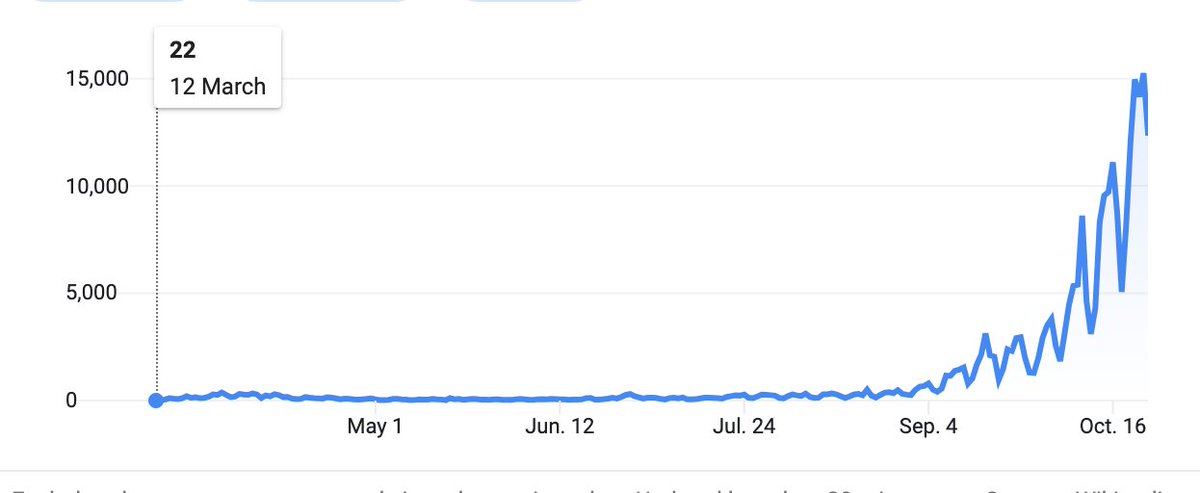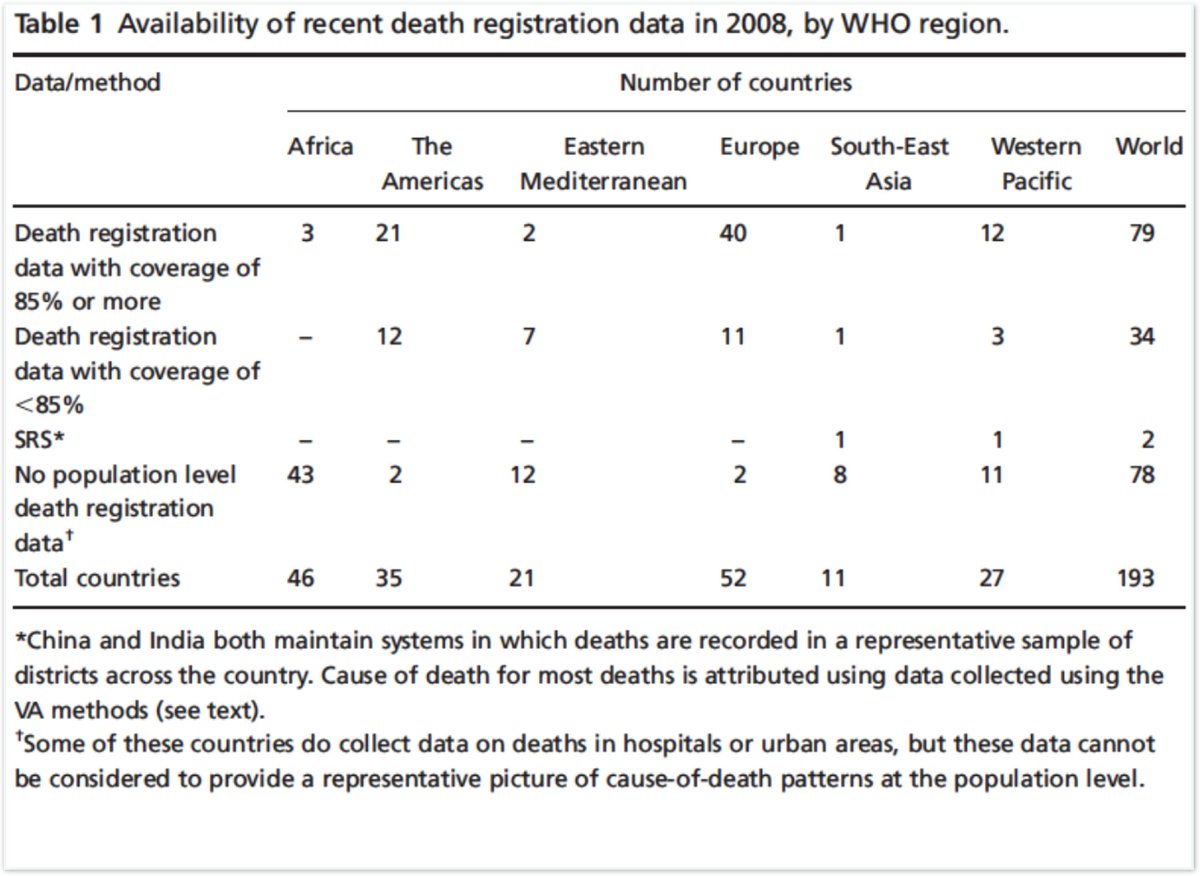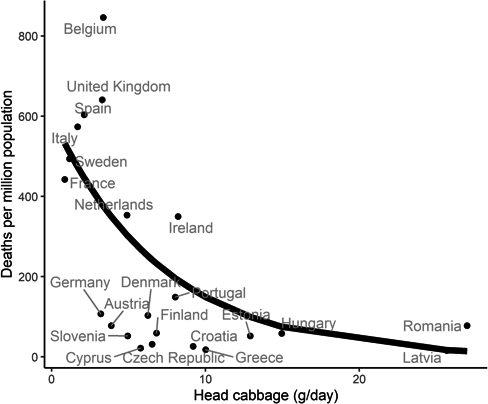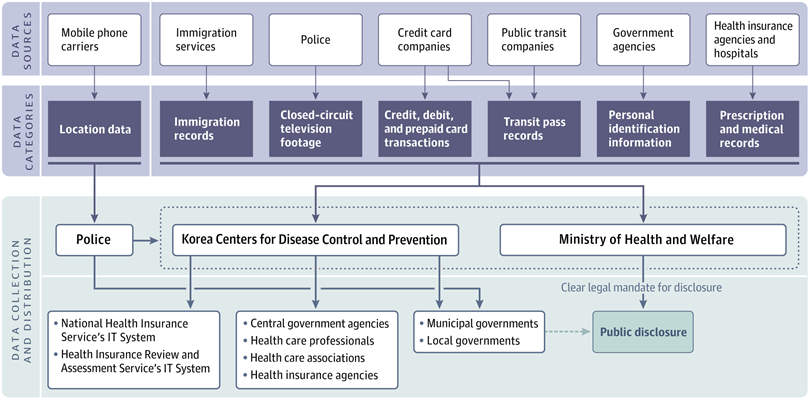People really need to understand the dangers of country-to-country comparisons without understanding the biases and counfounding - and simply pointing to X is doing better than Y. While regional strategies are learning points it is much more complex. Some fallacies below
1/
1/
Time bias - we& #39;re pulling these snapshots at a particular time, and saying X country has it right. Time often shows the full picture. Look at Czech republic - once celebrated because of universal masking and their response, now heading into a dangerous surge.
Statistical bias - to compare countries with major differences in access to care, use of traditional medicine, testing, or death reporting - underrecognizes what the underlying burden. Table from 2008 recognizing availability of real death reporting and differences globally.
Thing about the above in terms of testing as well - India has done over 100,000,000 tests -- but who is getting tested and how often. If only the wealthy repeatedly tested - you likely severely underestimated the burden. Slums in India saw > 50% Ab+ https://www.bbc.com/news/world-asia-india-53576653">https://www.bbc.com/news/worl...
Ecologic fallacy - underrecognizing other confounding factors that cause a countries response. I& #39;ve seen so many things - like the gender of political leaders, left or right, temperature, masking - even cabbage consumption. Doesn& #39;t recognize the above biases/confounders.
Authoritarian/Privacy - the elephant in the room, is the ability to command people varies, and does have a response. Double edged sword, it gives tools for more strongly driven responses , but it attacks individual rights. Nice diagram of South Korean CDC authority below.
Geography - a known trend that island states can control infectious diseases better than non. Track immigration, control at borders, apply interventions. Malaria in Zanzibar is exceptionally low, yet a 2 hour ferry to Tanzania is a different story. https://bit.ly/34s7G6u ">https://bit.ly/34s7G6u&q...
Secondary effects - much praising places of lockdowns working - which they may have. But we if we don& #39;t acknowledge neg effects we are only telling half the story. Political distrust, unemployment, other adverse health outcomes all need to be on the table - not just # of cases
Many other complex factors - including taxation and resources for public health/healthcare, political stability and trust, self-sufficient vs dependent economies, food stability, urban density, etc.
Without acknowledging these - comparisons are fuelling misinformation
Without acknowledging these - comparisons are fuelling misinformation

 Read on Twitter
Read on Twitter






